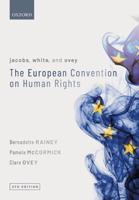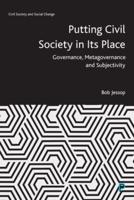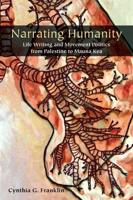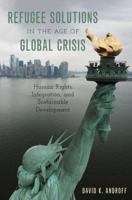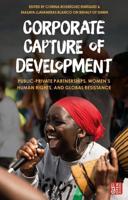Publisher's Synopsis
This is the 2018 report on Human Rights by the U.S. Department of State published on March 13, 2019.Kenya is a republic with three branches of government: an executive branch, led by a directly elected president; a bicameral parliament consisting of the Senate and the National Assembly; and a judiciary. In the 2017 general elections, the second under the 2010 constitution, citizens cast ballots for president and deputy president, parliamentarians, and county governors and legislators. International and domestic observers judged the elections generally credible, although some civil society groups and the opposition alleged there were irregularities. The Independent Electoral and Boundaries Commission (IEBC) declared Jubilee Coalition Party candidate Uhuru Kenyatta had won reelection as president over opposition candidate Raila Odinga. The Supreme Court subsequently annulled the results for president and deputy president, citing irregularities in the transmission and verification of the poll tabulations. The court ordered a new vote for president and deputy president, which the opposition boycotted. The IEBC declared President Kenyatta the winner of the new vote, and the Supreme Court upheld the results on November 20, 2017.Civilian authorities at times did not maintain effective control over the security forces.Human rights issues included: unlawful and politically motivated killings; forced disappearances; torture; harsh and life-threatening prison conditions; arbitrary arrest and detention; an inefficient judiciary; arbitrary infringement of citizens' privacy rights; censorship; lack of accountability in many cases involving violence against women, including rape and female genital mutilation/cutting (FGM/C); and criminalization of same-sex sexual conduct.

